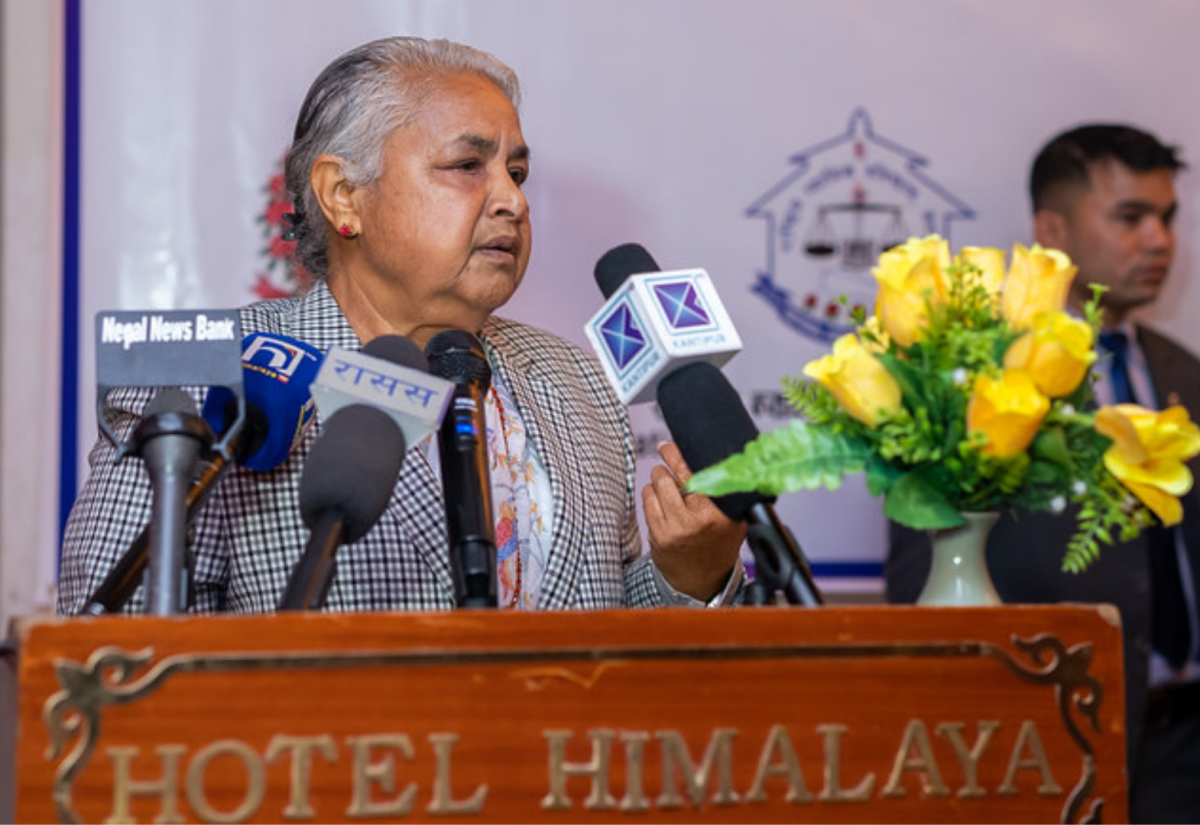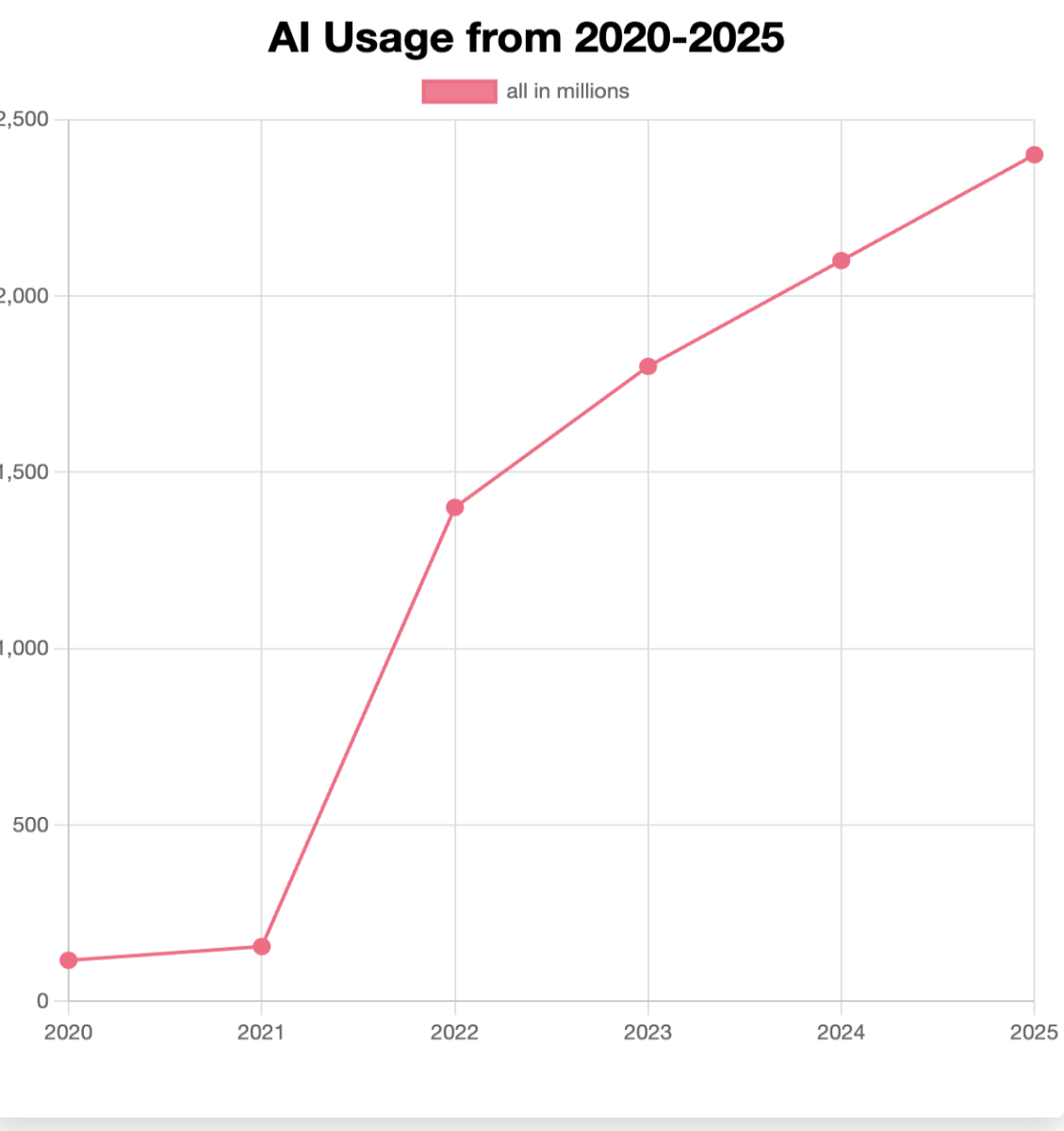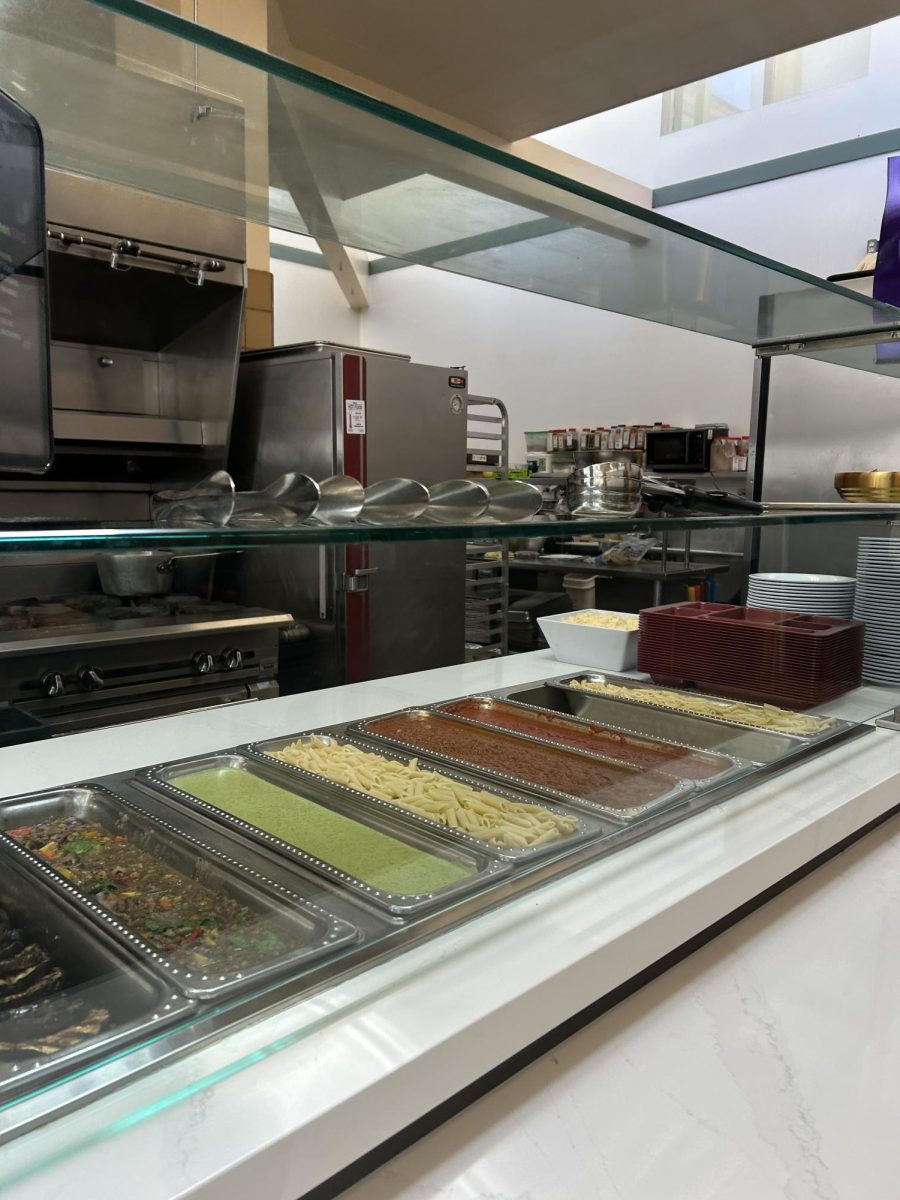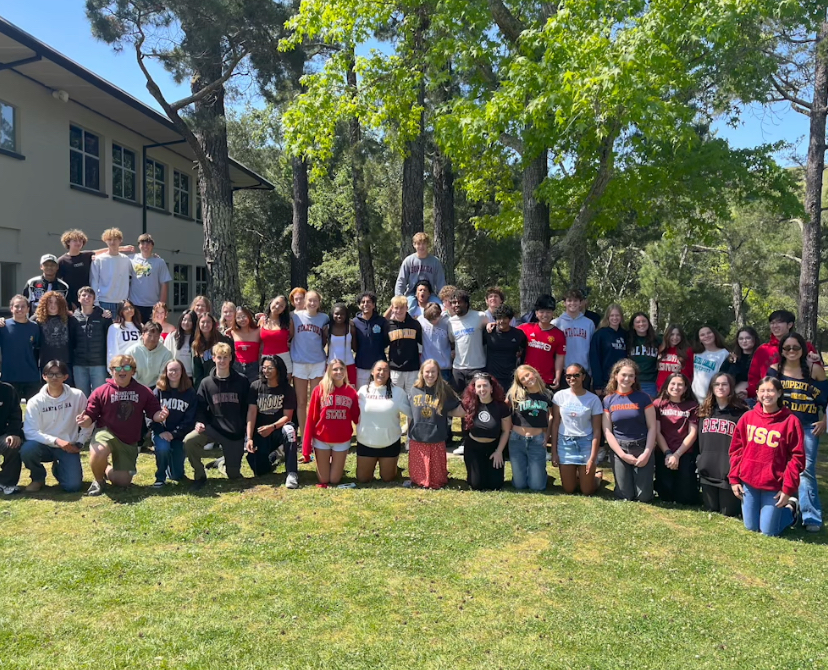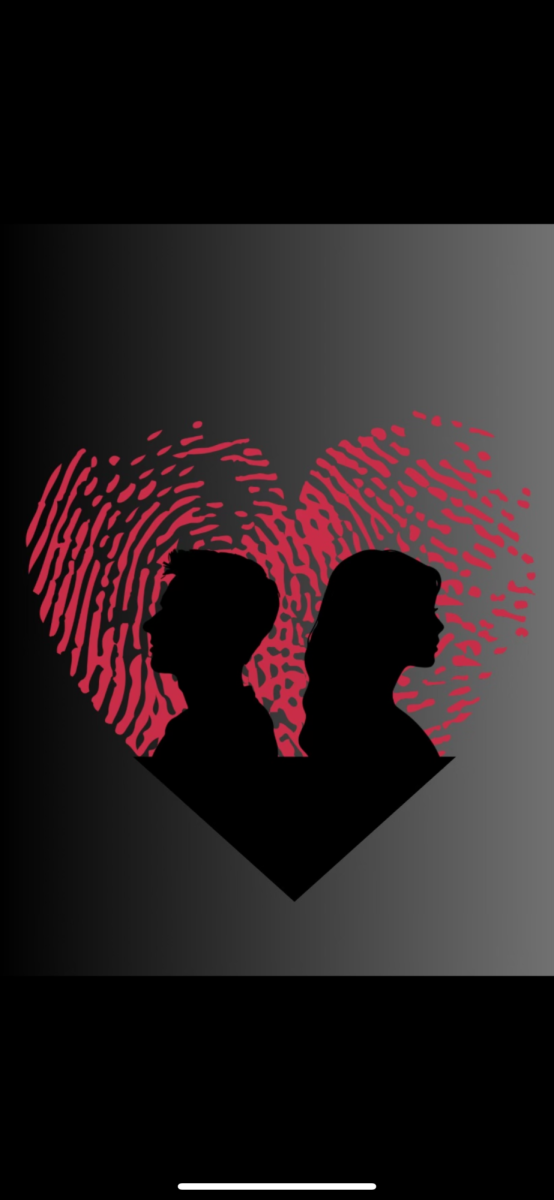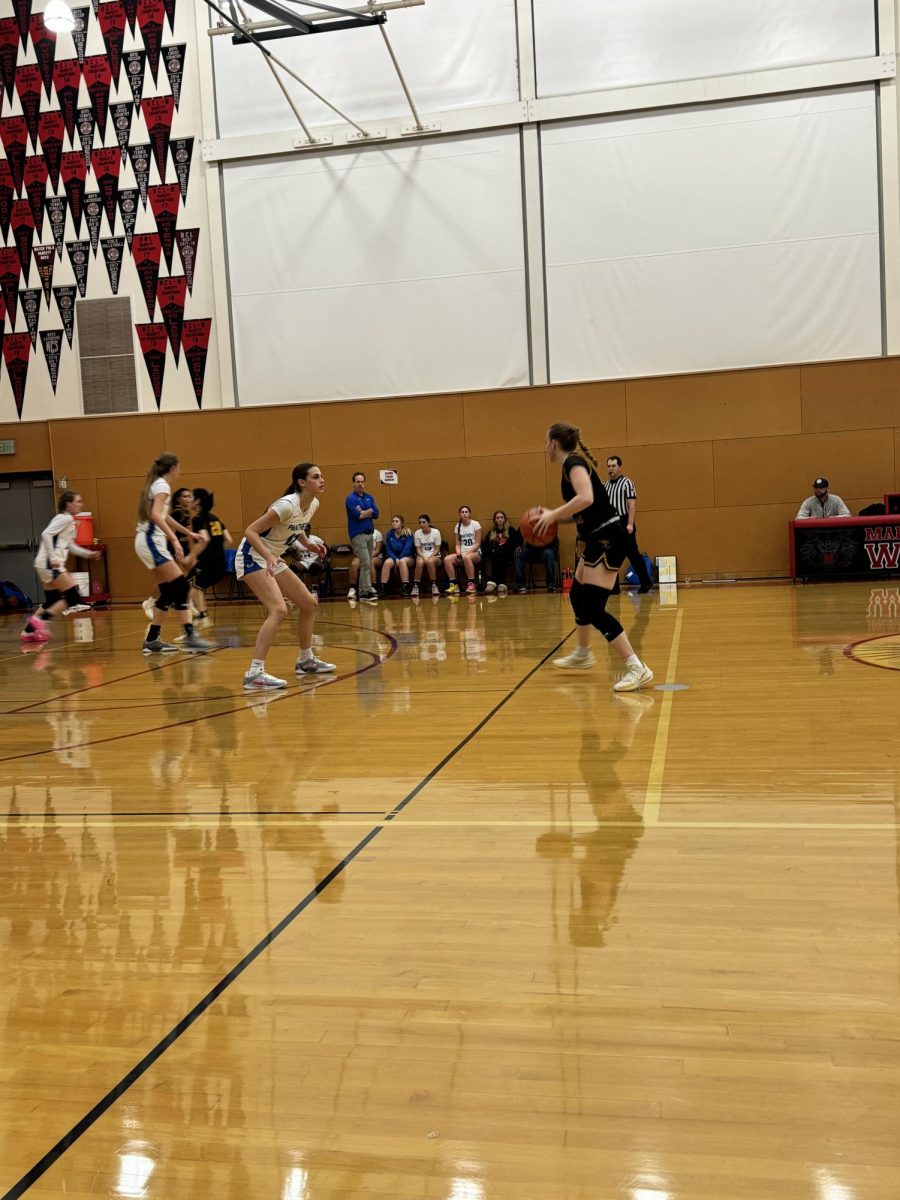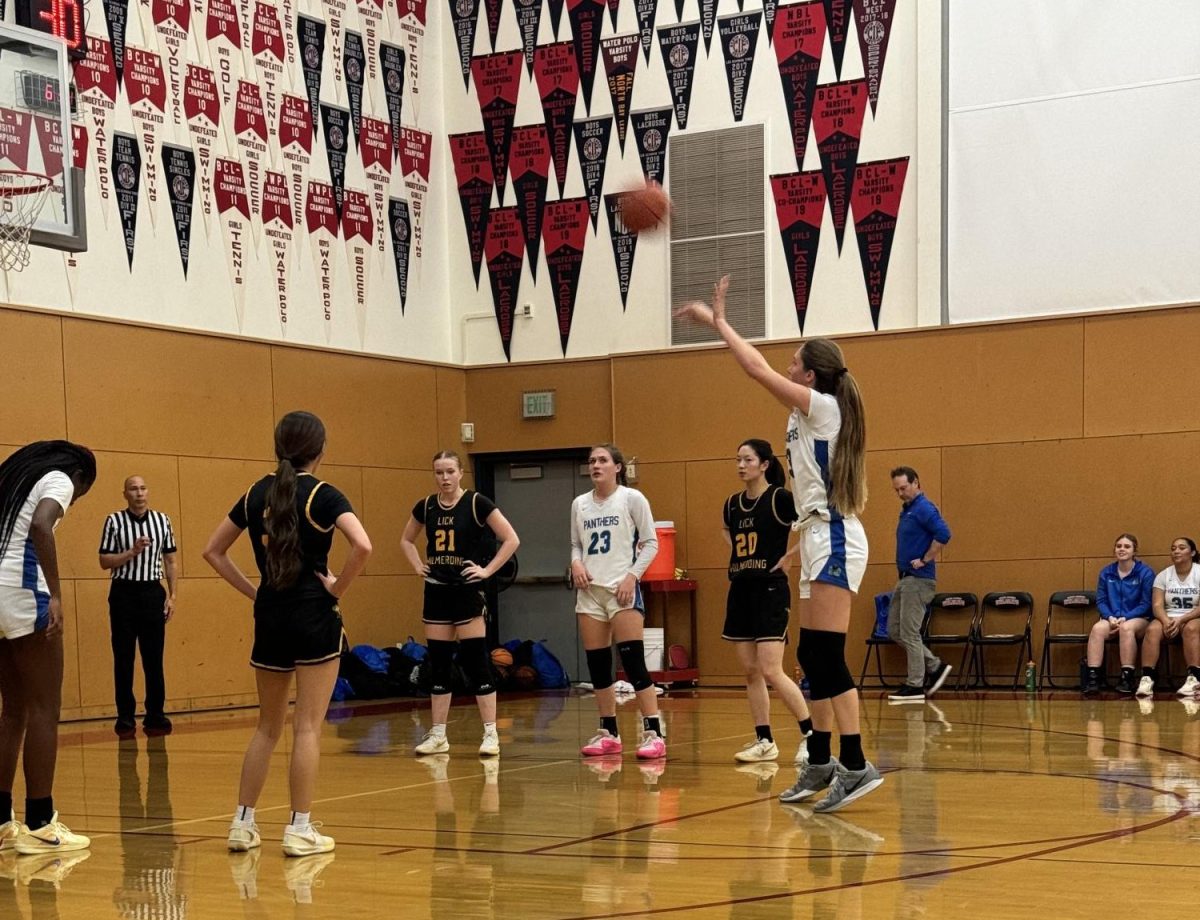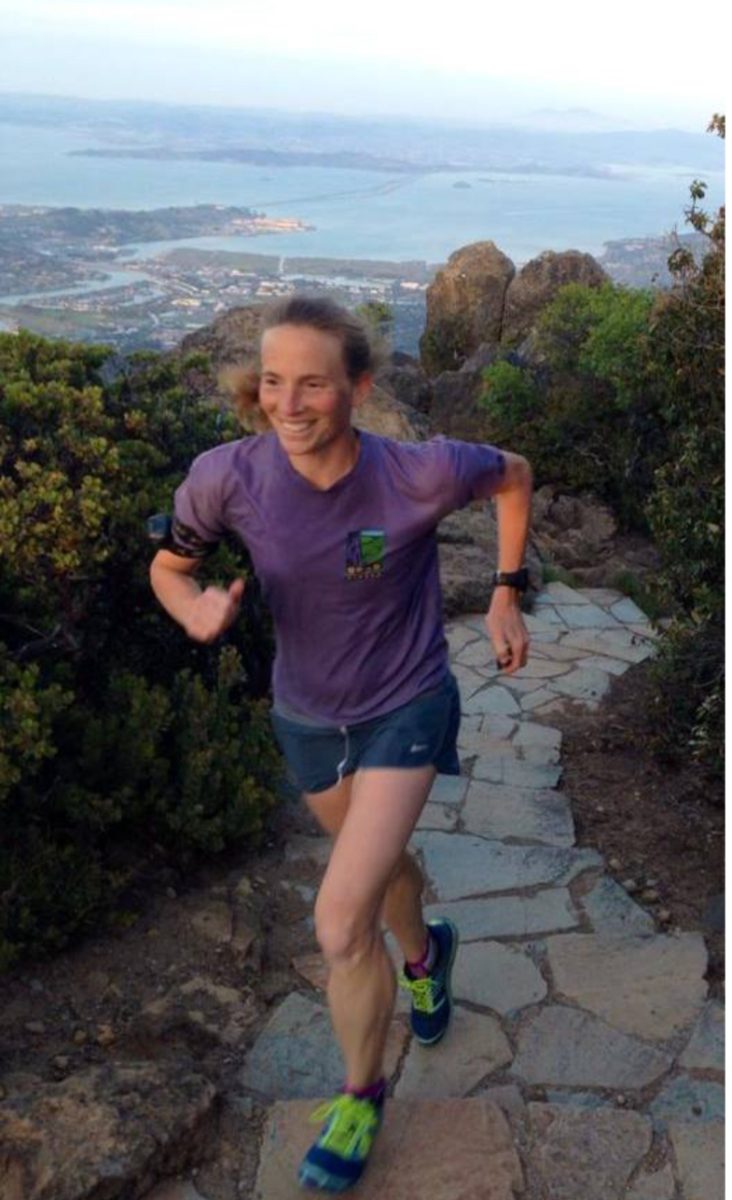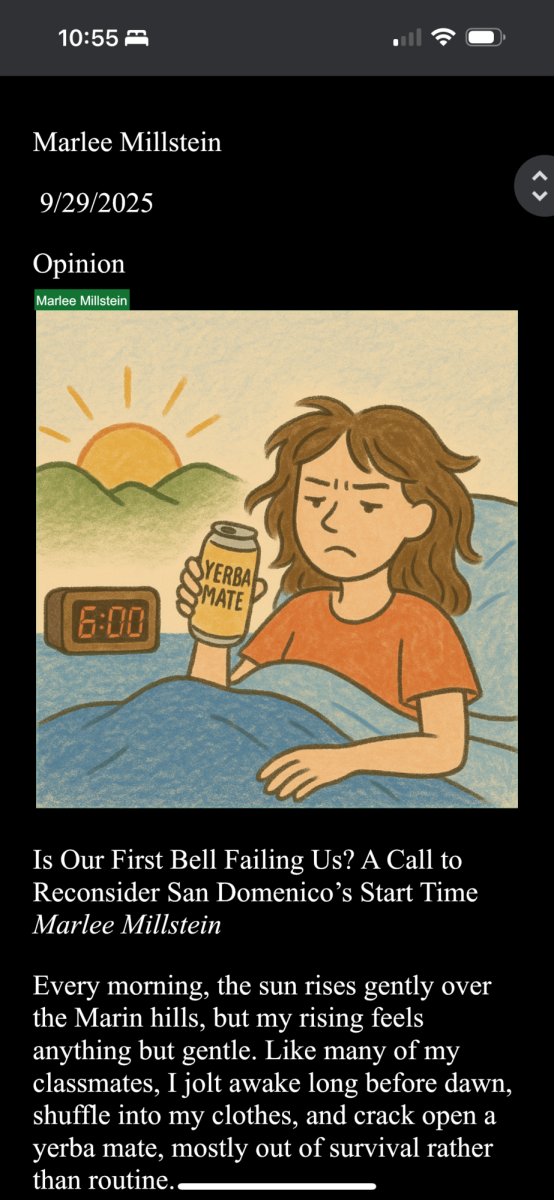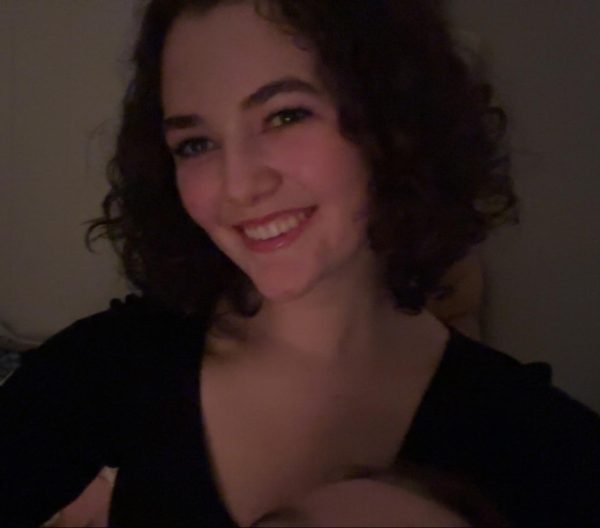On Feb. 24, 2025, San Domenico announced that beloved Wellness Coordinator and Counselor Dre Meller would be leaving to “pursue new opportunities.” While staff changes are normal and there are many reasons someone might choose to leave a job, the rapid turnover of counselors in the SD Upper School is enough to raise concern. It seems every few months, a new counselor arrives — only to leave shortly after — leaving students confused, worried and questioning the quality of support for students’ mental health.
The Upper School is under the leadership of a largely new administrative team, including a new Director of Upper School and Head of School, two roles with immense responsibility. It’s easy to imagine the challenges of stepping into a new school and quickly learning the ropes while integrating into a pre-established community. Still, these structural changes shouldn’t discount the importance of providing students with consistent and qualified emotional support.
Teenagers today are facing an unprecedented rise in mental health issues, making access to counseling more critical than ever. According to the National Library of Medicine, approximately 20 percent of children and adolescents ages 3 to 17 experience mental, emotional, or developmental disorders. Suicidal behaviors increased by 40 percent in the decade before 2019. And even those without diagnosed disorders may still feel overwhelmed by the demands of high school — balancing academics, athletics, friendships and family. In such an environment, counseling becomes essential, not optional. According to Better Help, about 75 percent of people who receive therapy find it beneficial.
At San Domenico, countless students have sought out the support of school counselors to navigate their teenage years. One senior, Mathew Srna, shared how difficult it was when his counselor, Laura, suddenly left the school.
“This creates a lack of stability and trust, because counseling is built on trust,” Srna said. “With these changes, students have to start over and re-explain everything, which can feel daunting. It’s exhausting —and not even worth it sometimes.”
Inconsistent counselor presence also leads to inconsistent advice, which can be damaging for students seeking clarity or closure.
“When students need help [at SD], there is not a stable support system or consistency — just a revolving door of counselors giving different advice,” Srna added.
To be clear, students are not being entirely left on their own. While the position of permanent school counselor remains unfilled, Upper School administrators and the school nurses have generously stepped in to offer emotional support. Their willingness to bridge the gap is deeply appreciated. However, they are not meant to be substitutes for credentialed school counselors.
According to the California Department of Education, school counselors are trained educators who must hold a valid Pupil Personnel Services (PPS) credential. Without this credential — and without officially holding the title of counselor — administrators are not mandated by law to maintain student confidentiality or provide professional mental health advice. Even if an administrator holds a PPS license, unless they are actively serving in a counseling role, they are not legally bound by the same confidentiality standards. While we trust our administrators’ integrity, the absence of clear boundaries makes it difficult for students to fully open up about their personal challenges.
During a particularly stressful period earlier this year, I (Eleri Martin) frequently turned to Dre and our head nurse, Krista, for support. Their compassion and attentiveness were invaluable, but when my situation escalated and required administrative attention, I was disheartened to learn that they felt limited in their ability to advocate for me. It made me realize how underrepresented their voices can be within the system.
With that commitment in mind, San Domenico has officially hired a new Upper School Counselor, Jennifer Dukes. With extensive experience in adolescent mental health, Jennifer brings both clinical expertise and a personal understanding of the challenges teens face today. Her arrival offers a hopeful step forward in reestablishing consistency and trust in SD’s mental health support. While it remains to be seen how this new chapter will unfold, students are hopeful that Jennifer’s presence marks the beginning of long-awaited stability. For the sake of SD high schoolers, we hope this time, it’s here to stay.

